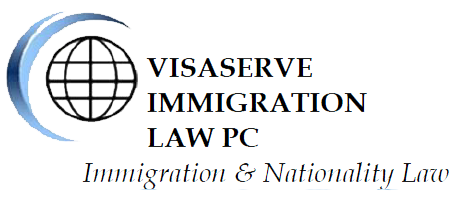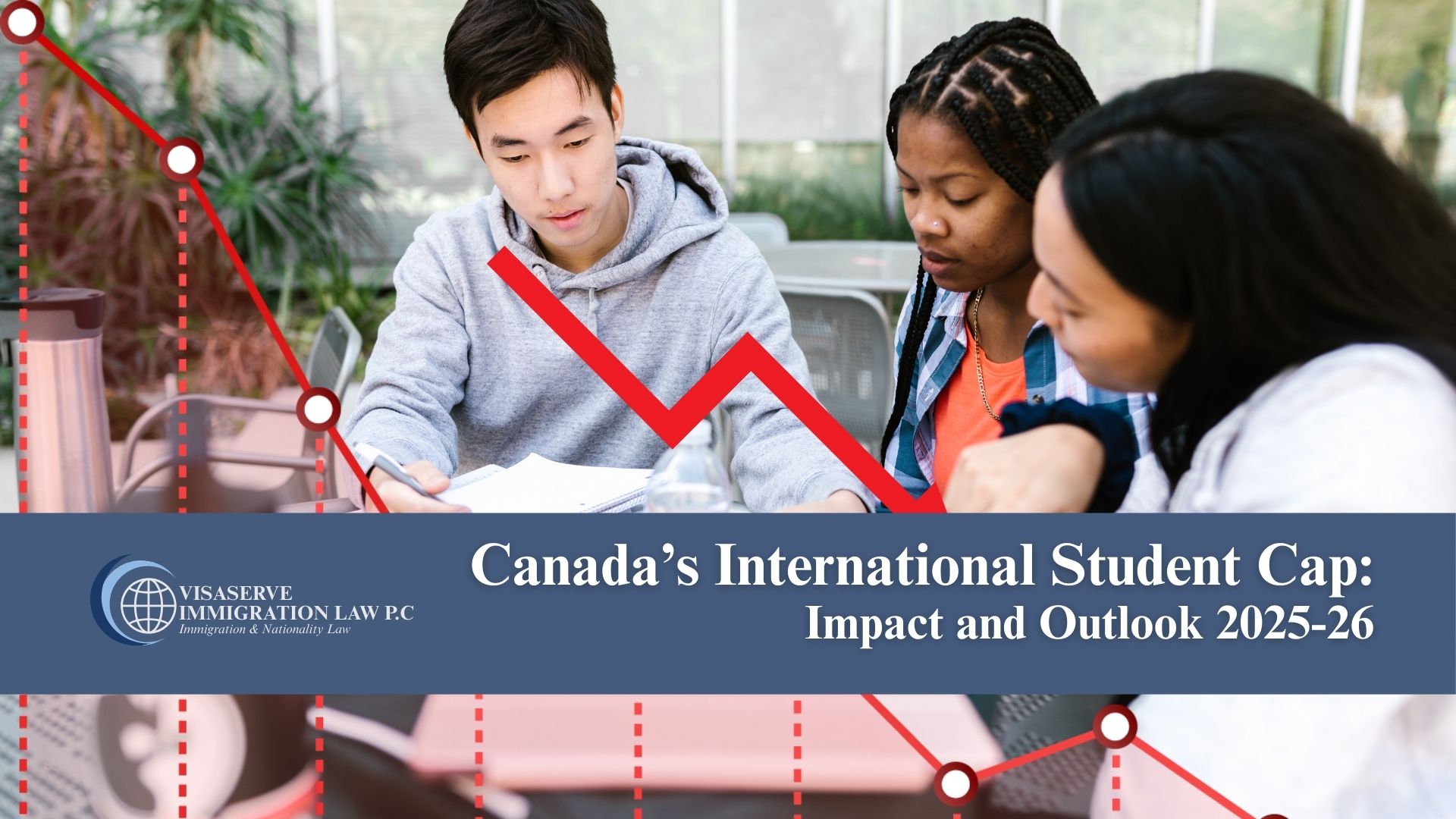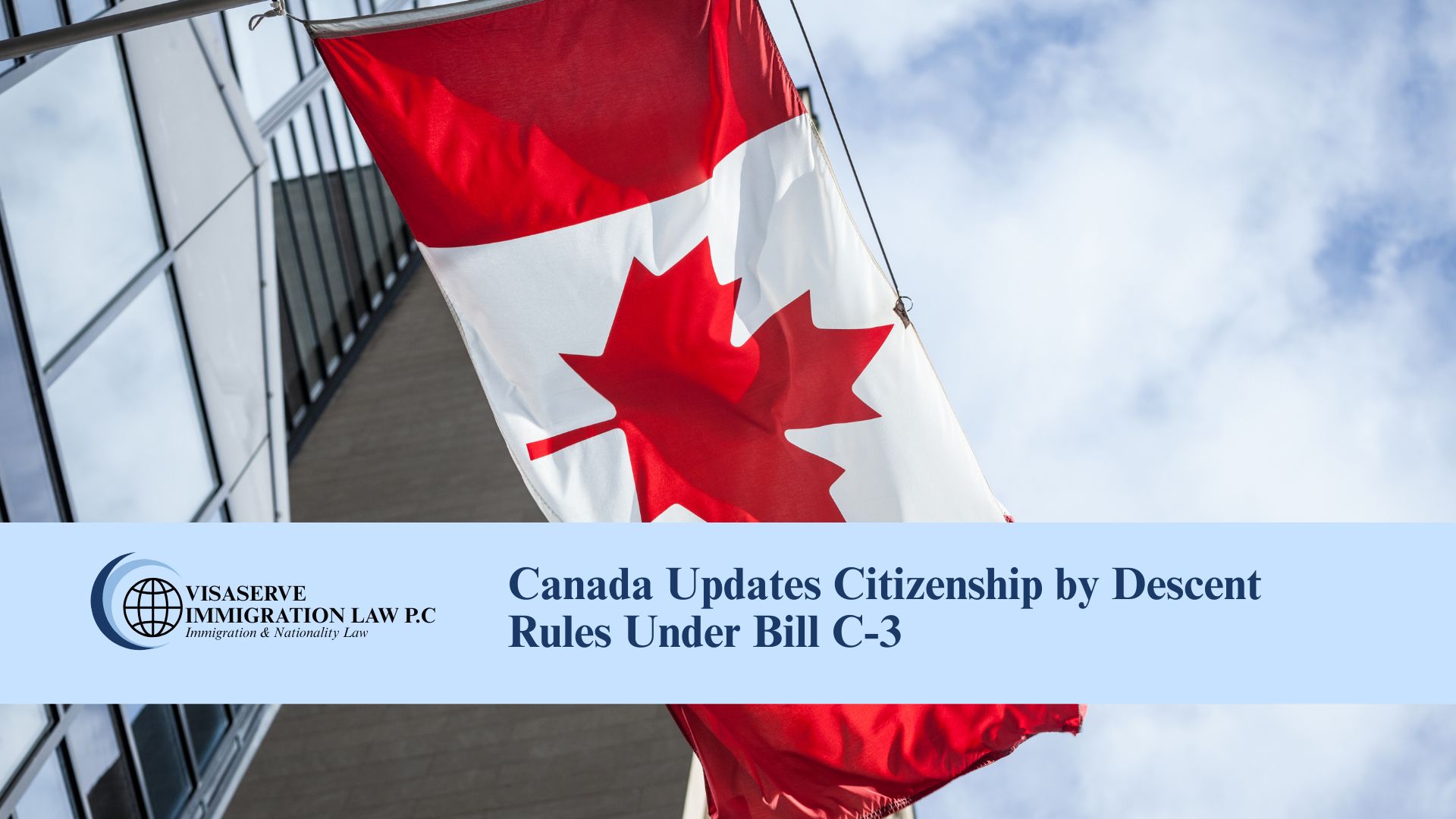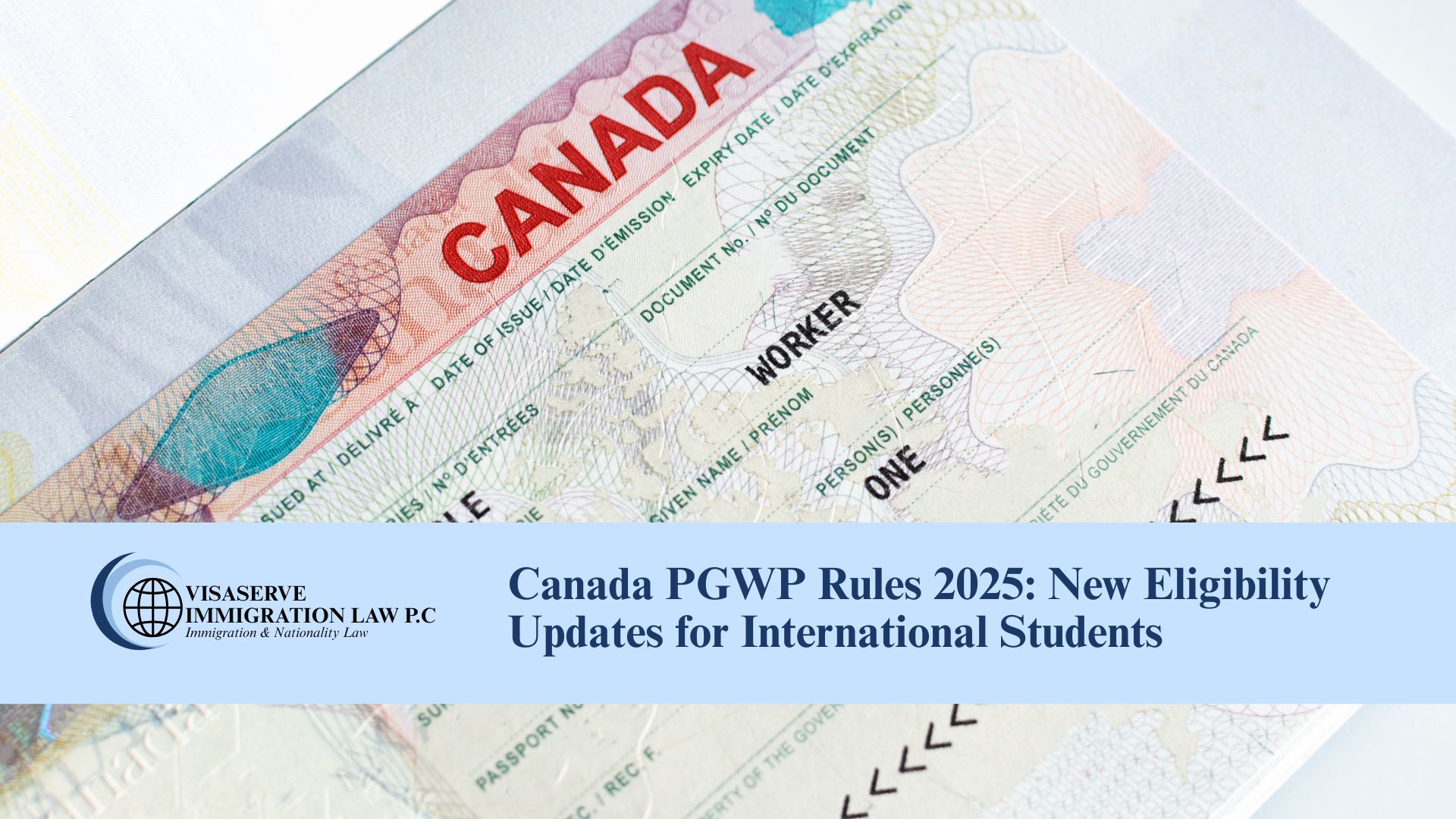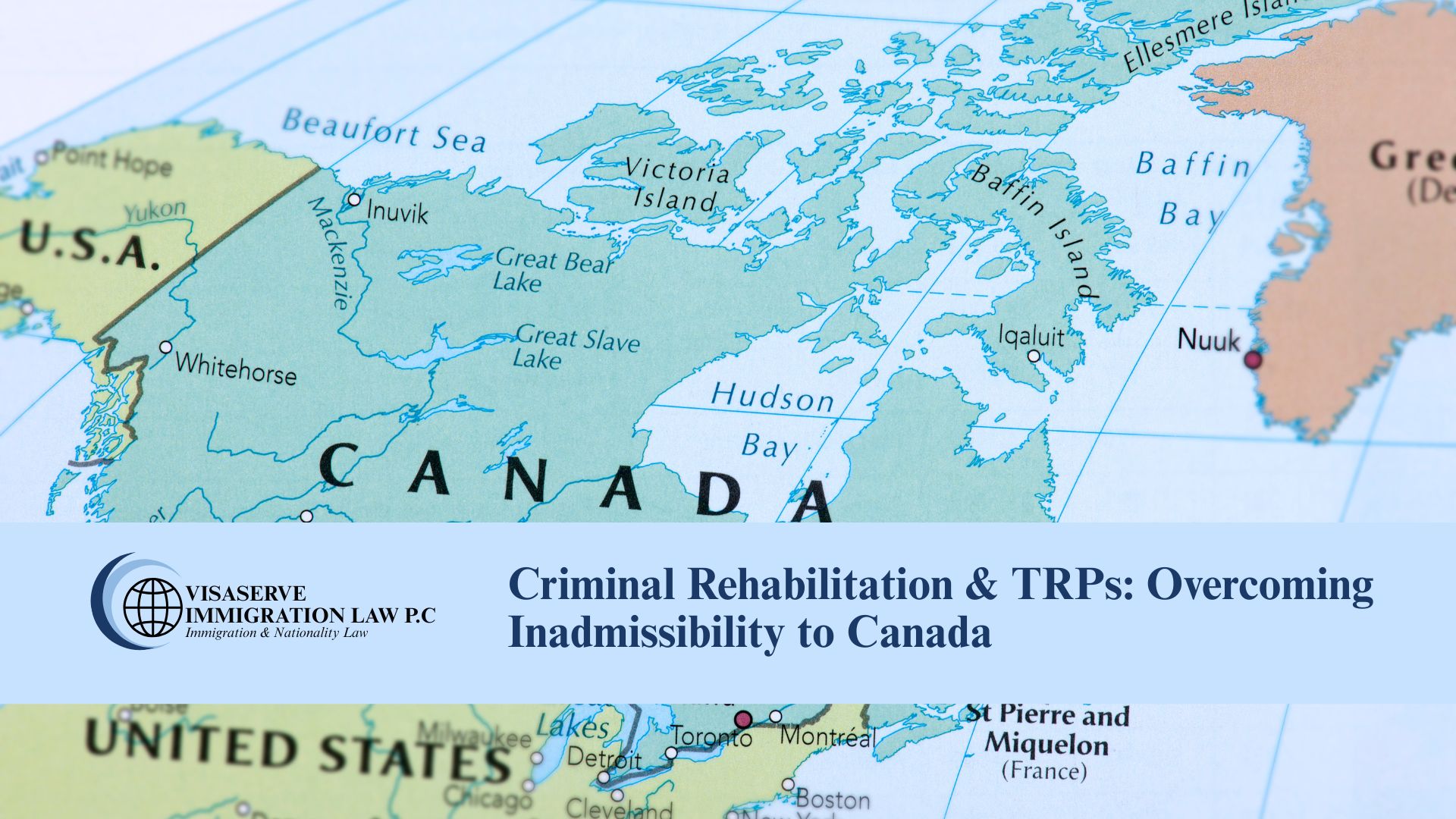In January 2024, Immigration, Refugees and Citizenship Canada (IRCC) announced a two-year cap on international student enrolments. The policy was designed to reduce study permits by 35% compared to 2023 levels, setting a target of roughly 364,000 new permits for 2024.
However, the full-year data shows that Canada issued just under 268,000 new study permits in 2024—a reduction of nearly 48% from 2023, and almost 100,000 fewer permits than the original target set by IRCC. This significant decline has wide-ranging consequences for students, institutions, and Canada’s immigration landscape.
What the Numbers Show
-
Study permits issued in 2024: 267,890
-
Reduction from 2023: -48%
-
Approval rate: dropped from 59.8% in 2023 to 48% in 2024
-
Applications processed: down by 32%
These declines are not only due to the enrolment cap but also reflect changing student demand. Applicants and their families have expressed growing uncertainty due to:
-
Increased financial requirements for study permits
-
Restrictions on post-study work rights
-
Limitations on bringing dependants
-
Lower approval rates despite eligibility
Impact on Canadian Institutions
Canadian post-secondary institutions, particularly public colleges in Ontario, have been significantly affected. According to labour arbitration reports and union data:
-
More than 600 programs were cancelled or suspended by spring 2025
-
Campus closures were announced across several Ontario colleges
-
Over 8,000 job losses have already been recorded, with projections nearing 12,000 staff reductions across the country
For universities and colleges that have relied heavily on international tuition revenue to offset declining public funding, these reductions pose severe financial and operational challenges.
What This Means for International Students
For students, the data underscores a much more competitive environment. While Canada remains a top destination, the cap and associated policies have made approvals harder to secure.
At Visaserve, we apply insight-driven analytics to help students and their families make informed choices. By analyzing approval trends, refusal reasons, and shifting IRCC policies, we provide strategies that maximize an applicant’s chances in a highly competitive system.
This approach includes:
-
Assessing individual eligibility against current approval patterns
-
Identifying alternative pathways (such as graduate programs, which are less affected)
-
Advising on documentation to mitigate refusal risks
-
Anticipating how policy changes affect long-term immigration planning
Looking Ahead
The student cap is set to remain in place through 2026, with IRCC aiming to reduce temporary residents to 5% of Canada’s population by 2027. While the broader target may take longer to achieve, it is clear that study permits will remain tightly controlled in the coming years.
For international students, this makes strategic, data-driven applications more important than ever. Early preparation, professional guidance, and insight into approval patterns can make the difference between acceptance and refusal.
Book an appointment today to get a personalized advice for your case.
